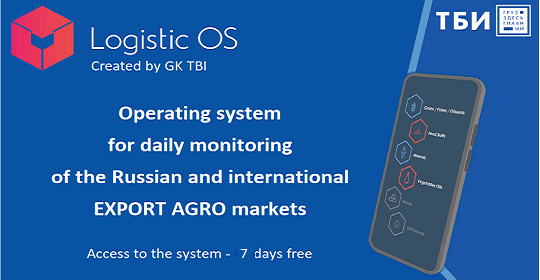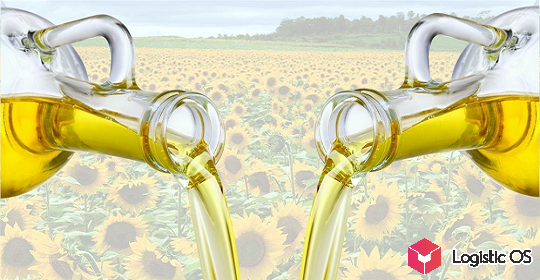The country’s new president, Javier Miley, had previously promised to reduce export duties, but after his election he immediately decided to increase them.
During his election campaign, Miley expressed many controversial ideas, including closing his own Central Bank and switching to dollars.
However, today’s practice largely diverges from the promises.
In particular, Argentine agricultural producers have not seen any reduction in duties; on the contrary, the government’s plans to increase them are already known:
— The duty on soybean oil and meal – from 31% to 33%, in this case they will be equal to the current duty on soybeans.
— Duty on wheat and corn – from 12% to 15%.
It is impossible not to notice that the existing duties are already protective in nature, so new increases will make exports even less profitable.
Why increase duties?
The answer is quite obvious: Argentina must pay almost a billion dollars on the loan by the end of the year, and the government urgently needs this money.
At the same time, the export duty from farmers is 11-12% of all budget revenues.
Therefore, the increase looks like an attempt to earn money for the treasury as quickly as possible. True, the year is already ending, and the new duties have not yet come into force.
It is not yet known whether there will be a reduction in duties if Argentina manages to cope with the payment; the plans of the new president seem unpredictable to many.
What to expect if duties are reduced?
Some agricultural producers still expect that Miley will reduce their size, even if not in the first month of his presidency.
If this really happens, the world grain market could be greatly shaken, since Argentina is the largest exporter of soybeans, its oil and meal, as well as wheat and corn.
This country has many competitive advantages: the lowest production cost in the world and the minimum distance “from field to port”. This means that in the future it could flood the world market with large volumes of cheap products.
So far, this is largely hampered by high export duties, since they make production and export insufficiently profitable.
However, experts believe that the reduction of duties will benefit even the Argentine economy: farmers will begin to increase production, due to which the final income from exports may be much higher than from the sale of a relatively small volume of products with high duties.
At the same time, uncertainty regarding the duty and the general unpredictability of the new president may become factors that will reduce the desire of farmers to produce something.

